The sour coffee, the better? Have you figured out the acid "quality" and acid "value"?
Professional coffee knowledge exchange more coffee bean information please follow the coffee workshop (Wechat official account cafe_style)
"it's so sour! It's so sour! "
This is probably the exclamation that the editor often heard a few years ago when he first came into contact with coffee, when the popularity of shallow roasting was not high. Now I occasionally hear: "well..." Not sour enough... Do you have anything sour... "
The interesting thing is that until now, I can't accept the elders of the shallow baked family, who occasionally like it after drinking some shallow baked beans, while some friends who want to drink "more sour" sometimes hear them complain: "I drank coffee yesterday, the acid is really sour and delicious, but it is really too sharp and thin, not very good." "there are even some people who think it is a good cup of coffee as long as the acid is very strong, preferably as sour as concentrated juice, on the contrary, it is a cup of charred coffee," roasting beans so deep. "
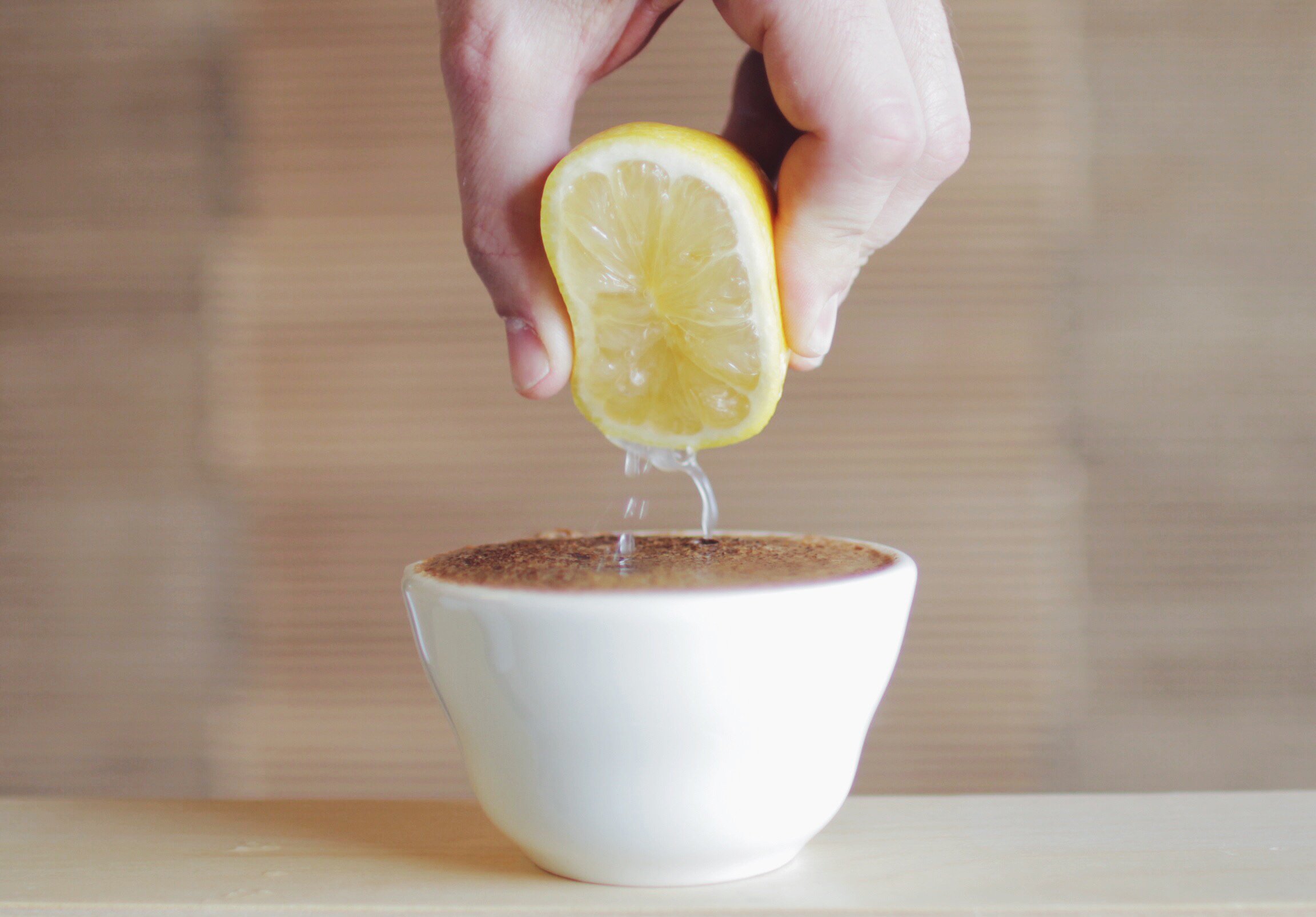
It can really be described as 30 years east of the river and 30 years west of the river. More than a decade ago, "sour coffee" was mistaken for "rotten coffee" and "shoddy coffee" (of course, there are still many people today). In the twinkling of an eye, overkill remarks such as "good coffee is sour" and "what is not sour is bad coffee" are emerging.
Is the coffee bean sour or not sour? Is the coffee as sour as possible? The secret of this lies in the word "acid" and "quality".
Among the scoring items of boutique coffee, there is a scoring item called "Acidity". Generally speaking, it should be translated as "sour" or "sour". So, what's the difference between this "Acidity" and the "sour" we talk about every day?
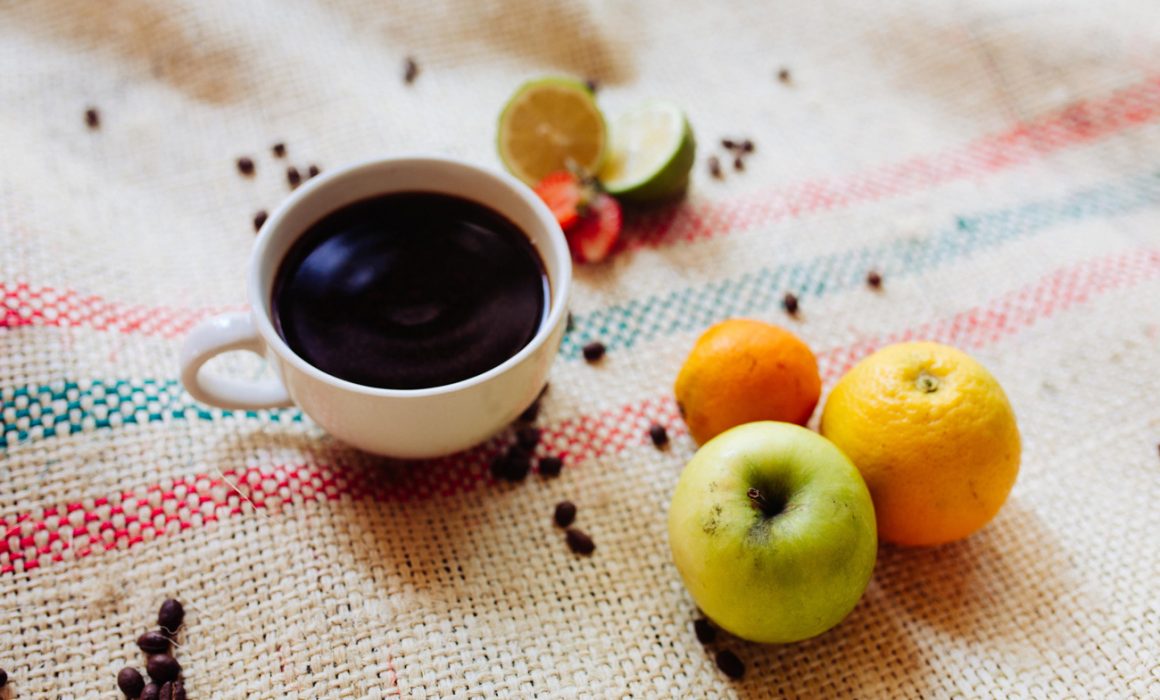
Of course, a lot of scientific definitions can be given here.
For example, the "sour" dead acid in coffee is usually caused by mixing raw beans with sour beans, or with unripe fruits, or because the degree of baking is too light, the lactone + hydrolysis reaction turns into acid, but it fails to polymerize from acid to other sweet substances, or the strong sour taste formed by oxidation after baking. But if it can bring freshness and make the whole coffee appear more lively and distinct sour taste, it can be called "Acidity" sour flavor.
But the most correct and daily thing is to return to the personal senses-that is, does the "sour" texture make people feel unpleasant? "

However, although this definition is incomparably correct, it is also very "paradoxical". Because man is a strange creature that feels "happy" because of "displeasure".
People will feel the pleasure because they are spicy, and they will feel happy because of the pain after exercise; similarly, some people will feel happy because of the sharp and open tingling. People who have been adjusted and suppressed for a long time are likely to feel refreshed by the sharp acidity of poor texture, but dismissive of delicate and mild elegant acidity.
For the editor, the easiest way is to recall:
When I first came into contact with coffee, was there any way to accept the taste of this sub-son? Or, look at those who have not been educated by the boutique coffee market, is there any way to accept it?
Our own family elders, for example, cannot accept sour coffee at all, but it is totally acceptable to Ethiopia, Panama and even Kenya, which are well-baked and of high quality. Even when you ask him, he doesn't feel very sour, but he has a great "fruit taste" and "sweet and sour taste"....
Do you think these beans are sour? There must be, and the sour taste is certainly not low, but the sour quality is delicate and gentle to a certain extent, with enough sweetness, it can be accepted by most people.
Just like the fruit vendors in the vegetable market don't say, "my fruit is sour." No sour, no money! We will not praise that the fruit is very sour and highly acidic. We will only praise that the fruit is very sweet, but it will not die sweet. There is a smell of sour gas that liven up the flavor. Such beans, sour "quality" is really good enough.
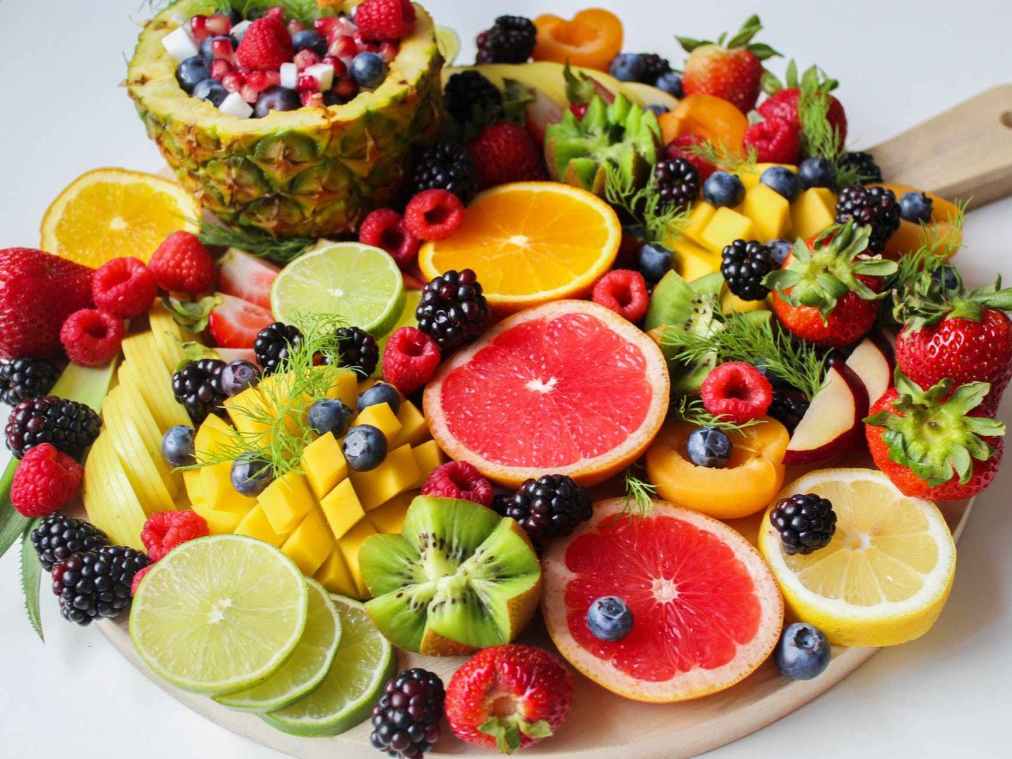
Although it may be harsh to look at many shallow baked beans by such standards, it is at least a good reflection to correct the gap between their tongues and the public. Always clinging to a certain taste will inevitably lead to the result that the sword goes astray and even becomes obsessed with it. Thus ignoring that what we have always pursued is "quality" rather than "quantity".
Many bean bakers mistakenly believe that the shallower the more sour they are, the more they can retain the unique flavor and "regional characteristics" of coffee varieties, but they do not realize that the raw coffee beans themselves are not sour, and the sour taste is formed through baking. The pursuit of high acid "value" while ignoring acid "quality" can not fully show the local characteristics of coffee beans.
Light baking is shallow baking, but be careful not to go astray! Whether the "sour" of coffee is good or bad and whether it is appropriate or not should depend on the texture, not the strength.
People have their own advantages, and the acid "value" that everyone can bear is also different. Of course there are people who really prefer strong acerbic acid, but they must be a little bit of a normally distributed tail. As a coffee worker who connects with the market, it is impossible to serve just for that small person. Quantifying flavor with scores is only a way for the public to choose good things, so if only because the grader is required to quantify "Acidity" into a score, the more sour the score, the higher the score, it is a far cry from the nature of the pursuit of texture.
In addition, the way some coffee workers taste and experience coffee is often very different from that of most consumers, so this kind of "sour coffee", for better or worse, can never resonate with the final consumers.
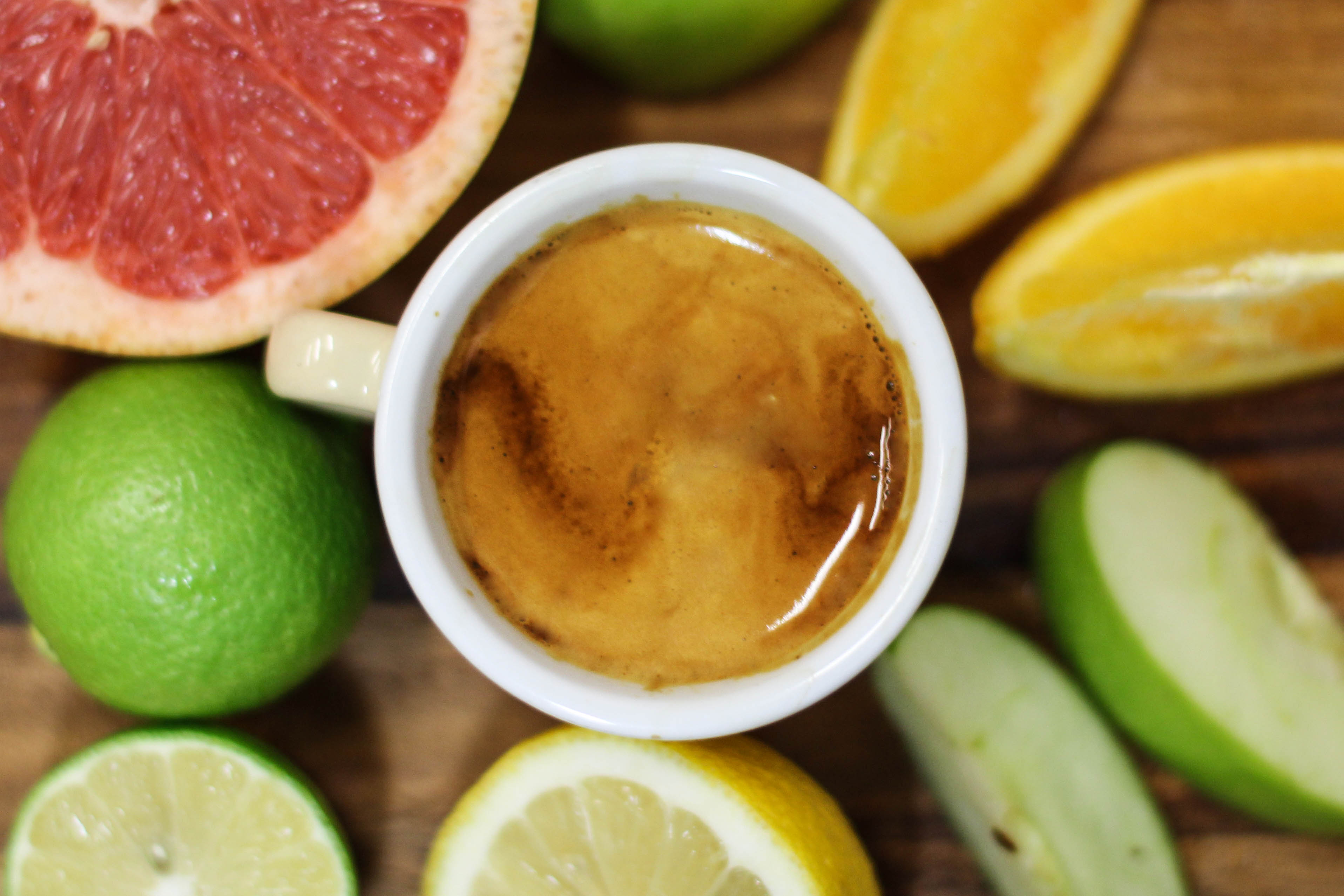
It is always easier to evaluate "quantity" than to evaluate "quality", but precisely because we are trained "professionals", it is our responsibility to turn complex and difficult-to-understand "quality" into a "value" that is easy for the public to understand and can be understood in depth. After all, in China, coffee is a foreign culture, and this beverage should not be misinterpreted and then promoted before it is familiar to the public.
The really good things are not only nodded by experts, but also easily tasted by the untrained public. Of course, there is no reason to make an exception to coffee.
END
Important Notice :
前街咖啡 FrontStreet Coffee has moved to new addredd:
FrontStreet Coffee Address: 315,Donghua East Road,GuangZhou
Tel:020 38364473
- Prev
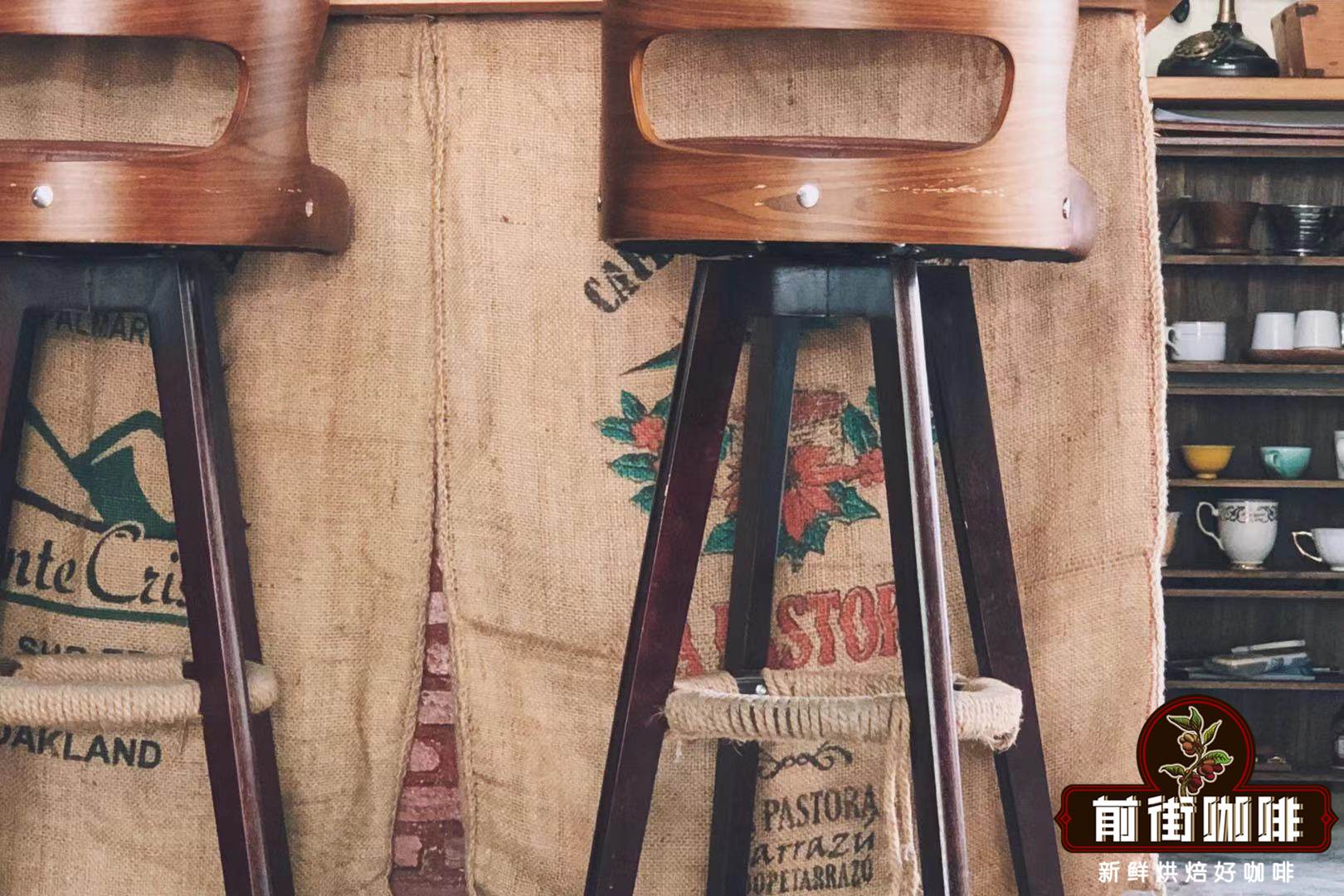
The difference between shallow roasting and moderate roasting of coffee beans detailed description of the roasting degree of high-quality coffee beans
Professional coffee knowledge exchange more coffee bean information please follow the coffee workshop (Wechat official account cafe_style) talk about the roasting degree of coffee beans, the difference between deep roasting and medium roasting? Among the factors affecting the taste of a cup of coffee with different roasting degrees, raw beans account for 60%, roasting accounts for 30%, and extraction accounts for 10%. Good roasting can maximize the personality of raw beans.
- Next
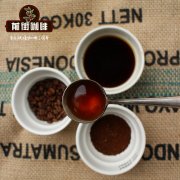
Introduction to the flavor of Hawaiian Kona Coffee grading of Hawaiian Kona Coffee
Professional coffee knowledge exchange more coffee bean information Please pay attention to the coffee workshop (Wechat official account cafe_style) Kona coffee beans produced in Hawaii have the most perfect appearance, their fruit is extremely plump and bright, and they are the most beautiful coffee beans in the world. Coffee is smooth and fragrant, with an attractive nutty flavor and a well-balanced acidity, just like the five on the island of Hawaii.
Related
- Beginners will see the "Coffee pull flower" guide!
- What is the difference between ice blog purified milk and ordinary milk coffee?
- Why is the Philippines the largest producer of crops in Liberia?
- For coffee extraction, should the fine powder be retained?
- How does extracted espresso fill pressed powder? How much strength does it take to press the powder?
- How to make jasmine cold extract coffee? Is the jasmine + latte good?
- Will this little toy really make the coffee taste better? How does Lily Drip affect coffee extraction?
- Will the action of slapping the filter cup also affect coffee extraction?
- What's the difference between powder-to-water ratio and powder-to-liquid ratio?
- What is the Ethiopian local species? What does it have to do with Heirloom native species?

